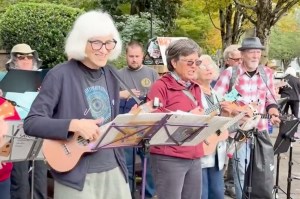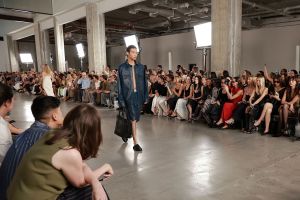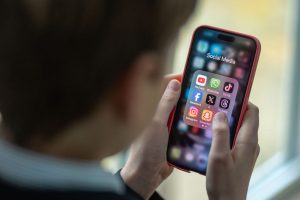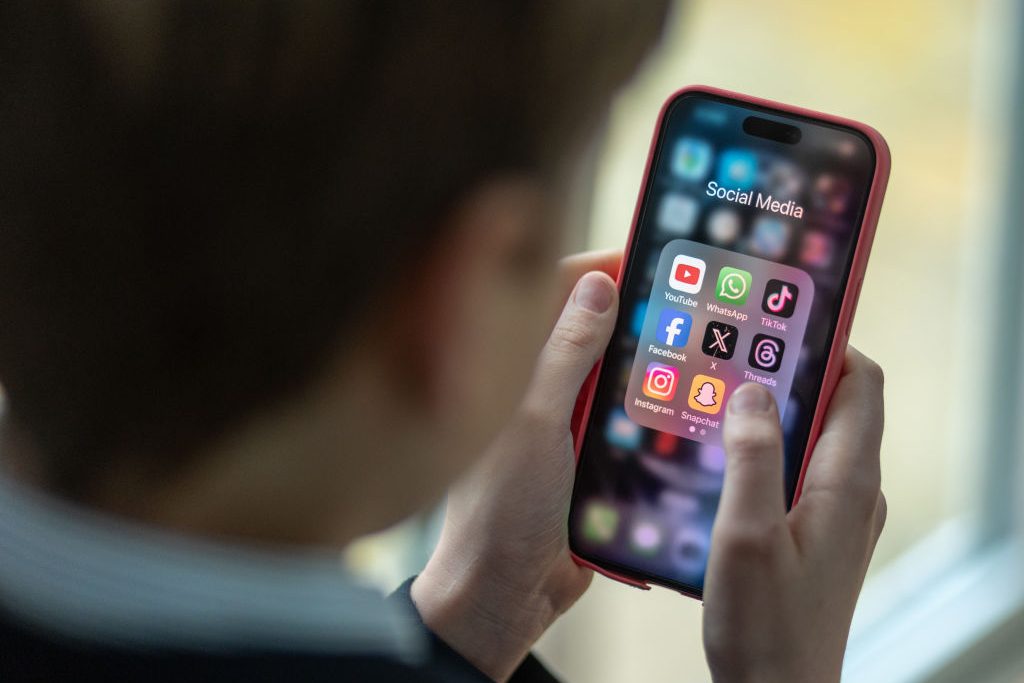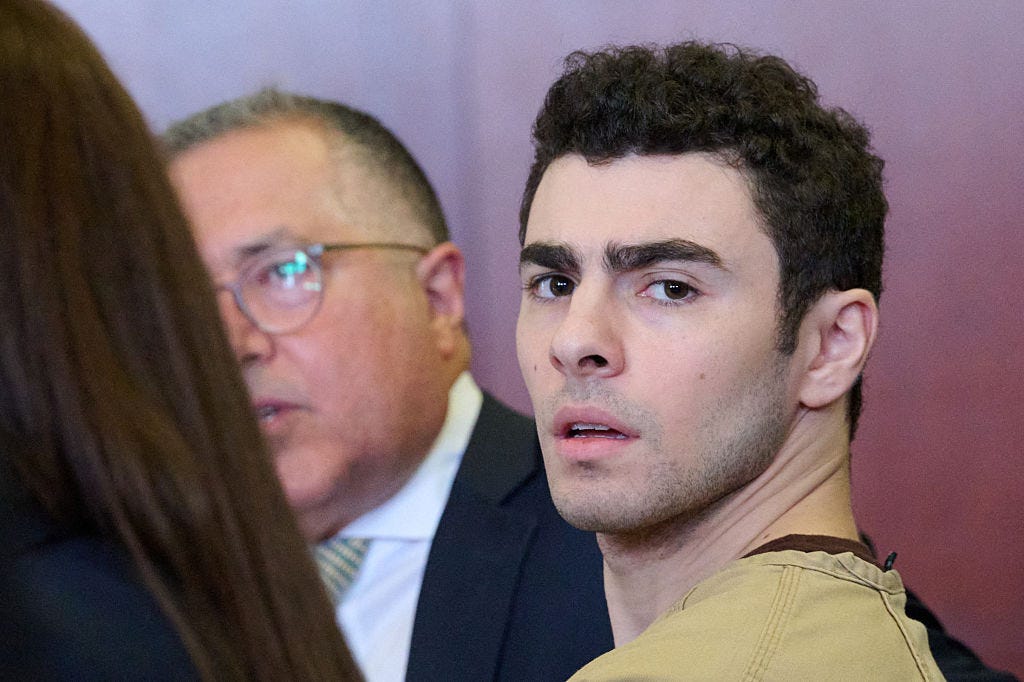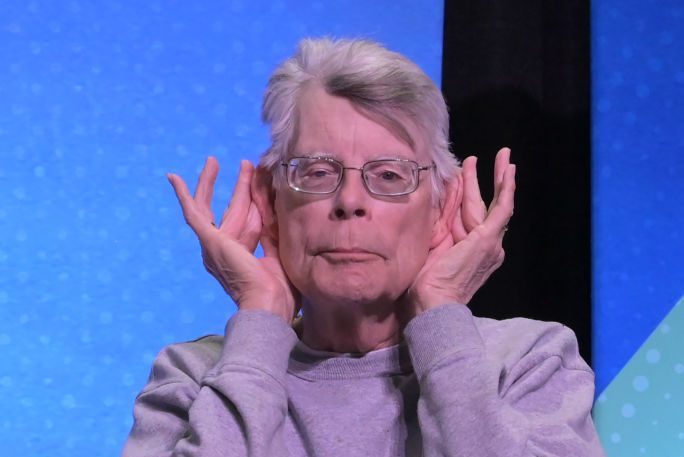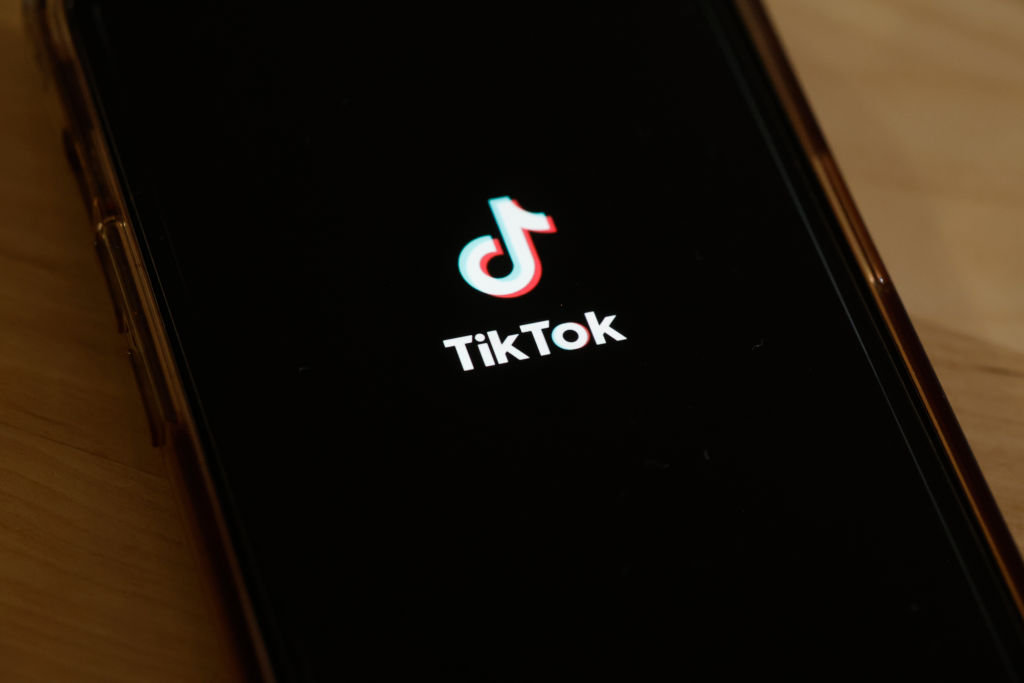Everybody wants to be beautiful, but very few people are. Think across the entirety of history. Empress Sisi, Cleopatra, Ginger Rogers, Jane Birkin. You could probably count the number of actually beautiful people on ten fingers. A lot of people are good-looking or fine. But beautiful is rare.
Along with everything else that Generation Z feels entitled to — success, feeling heard, holding people responsible for their ancestral guilt — they also insist that we recognize their beauty (whether they have it or not). Their Instagrams are filled with beautifully taken photos, with beautifully poured lattes, on a beautifully curated grid. It doesn’t matter if they look like Shrek because it’s all done so damn beautifully. But looking in the mirror and thinking they’re beautiful isn’t enough. No, we all have to think it.
Generation Z is a walking oxymoron. They claim that everybody is beautiful and promote unhealthy lifestyles like obesity; they hold up genderless, green-haired weirdos as messiahs. Yet they are the biggest consumers of unrealistic beauty filters. They would never admit it, but deep down they believe beauty is objective too. Big tech has clicked onto this, and now they’ve created a way to actually make everybody beautiful. The new “bold glamor” TikTok filter, which uses AI technology to seamlessly apply glamorous makeup and sculpted cheekbones to users’ faces, is scarily impressive. Unlike most other filters that are obvious or glitchy, this one is undetectable.
— memo akten (@memotv) February 26, 2023
It’s taken such a filter for everyone to finally admit that we might have gone too far. Since it was first rolled out, viewers have claimed that they feel unsettled by how “terrifyingly realistic” it is. Tapping into our need to feel beautiful, (but I thought everybody was beautiful?!) the filter has already been used millions of times in recent days, with some TikTokkers claiming it “should be illegal.” The fact that this filter will have a negative impact on the user’s self-esteem and body image is obvious, but as one critic put it, “while beauty filters are not new, the precision on this is beyond uncanny. This is psychological warfare and pure evil.”
Maybe it was inevitable. Telling everyone they are beautiful is like society’s participation trophy. You don’t even have to do anything, just sit there and act like you look pretty, even if you don’t. It’s like how everybody is successful now because success is subjective. Dropped out of college to join a cult? You’re succeeding in your quest. I watched an episode of The Whatever Podcast last week where a woman became enraged after being told that she wasn’t a perfect ten because anybody that beautiful would “have a modeling contract” or the ability to get one. “I think I’m fucking gorgeous. I think I’m perfect,” she replied.
And therein lies the problem. Not everybody is beautiful, and if we all are, thanks to filters and botox, what does beautiful even mean? Not everyone can walk around looking like Grace Kelly, and not everyone should. It has taken a Chinese-owned app rolling out a dystopian filter to shine a light on this hypocrisy. Will teens and twentysomethings now admit there is nothing wrong with being a plain Jane?










